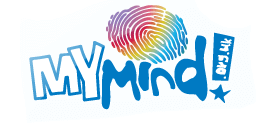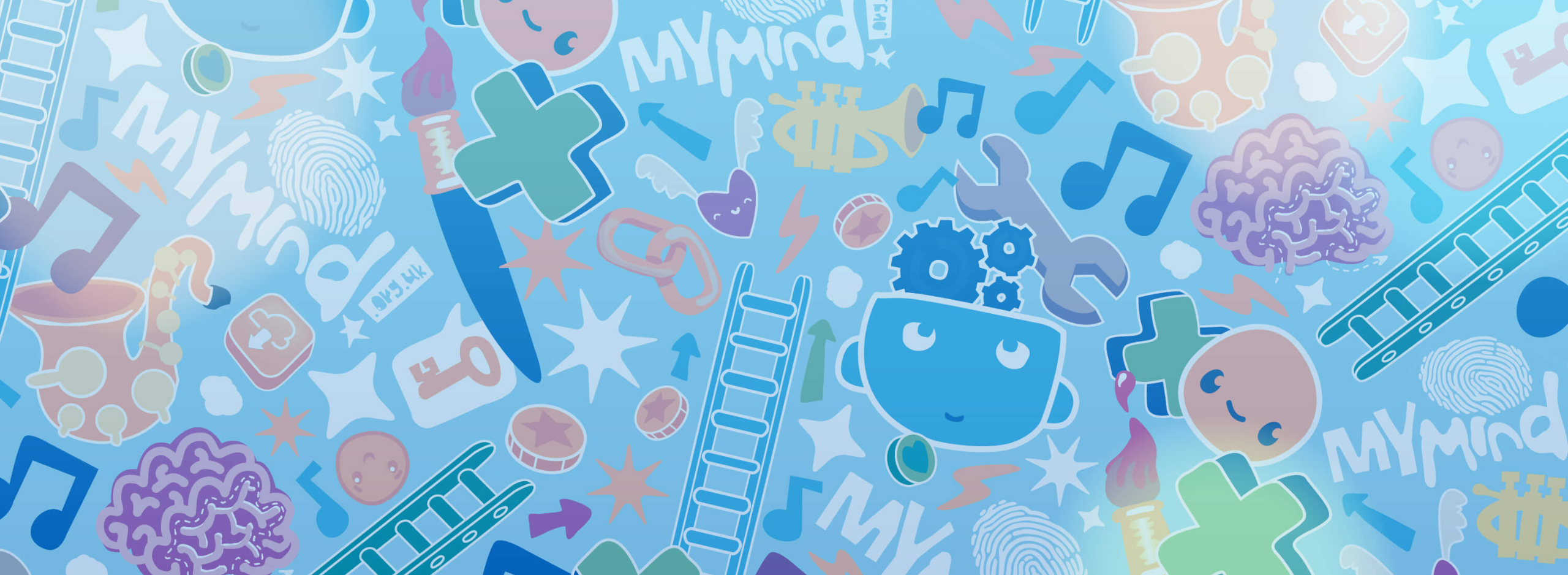Cheshire Eating Disorder Service supports young people between the ages of eight and 18. We offer assessments and treatment for young people with anorexia, bulimia and atypical eating disorders (also known as eating disorders not otherwise specified).
The packages of care are talking based therapies, which the evidence for successfully working with a young person with an eating disorder, suggests that working with the young person and their family within the community offers the best outcomes. However, we tailor the package of care based on the needs of the young person and their family and we will work together to find the best way to support you through this difficult time. Please be aware that we only provide assessments and treatment for young people between the age of eight and 18.
While food and eating is likely to be one of the most difficult areas of life for you all at the moment, food is the medicine for someone with an eating disorder and the therapy will help you all to support the young person in this journey.
How to access the service
If you are worried about yourself or someone else who may have an eating disorder it is really important that you see your GP, as reviewing your physical health as early as possible is really important. When you see your GP, they will do the checks they need to do. This may include taking your blood pressure, pulse and temperature, listening to your breathing and heart and taking some blood. All of these tests are really important to check your physical health.
Your GP will be able to decide if they need to make a referral to our team. The young person’s school or social services can also make the referral on your behalf. Our Cheshire Mental Health Hub is the first point of contact in terms of receiving all the referrals.
Once we have received your referral, one of the team will contact you to discuss the referral (this is known as a triage call) and some of the information that we ask about might include:
- What your concerns are and how long you have been worried about yourself / the young person
- The young person's current weight and height
- An idea of any weight loss, including how much and over what time period
- If the young person is making themselves sick or taking any medication to try to lose weight. If so, it would be helpful to know how often they are doing this
- If you have any concerns about the young person's mood, or if there is a risk they may be hurting themselves
- Any physical health concerns such as sensitivity to cold, dizziness or fainting, tiredness or weakness, palpitations or shortness of breath
What will happen at your first appointment?
We will meet at the Children and Young People's Mental Health Service (CYPMHS) clinic where you will be greeted by the reception staff who will take your name and who you are seeing so they can let us know that you have arrived.
It can be very scary for a young person and family to come and talk to strangers about their worries and concerns. We understand this and try to put the young person and family at their ease when they come to see us.
You will usually meet with one or two members of the team and at first, we will meet with you all as a family to explain what will happen at the assessment and check if you have any questions you want to ask us. This first appointment can take up to 90 minutes.
We will spend time together understanding what the concerns are, how long they have been going on for and what impact they are having on both the young person and the rest of the family. We are also interested in the goals that the young person and their family want help with and think about what we or other services may be able to do to help you achieve these goals.
There will usually be the opportunity for both the young person and their parents/carers to be seen on their own too, to allow everyone the opportunity to talk separately about their worries so we can understand everyone’s perspectives.
We will also need to weigh the young person and measure their height. This is so we can work out whether their weight is within the normal range for their age.
At the end of the appointment:
We will all meet together at the end of the appointment.
If we decide that the young person does need treatment with our team then they and their family will be given a full explanation of what will happen in treatment, when and where they will be seen, and who needs to come.
If we decide not to offer treatment, we may give advice and then see the young person and their family in a few weeks’ time to see if they have made progress, and decide whether they need to be seen again.
If we decide that we are not the right service to help, then we will talk about what other services can help and how to access them.
A letter will then be sent to your GP and the person who referred you, as well as the young person and their family, with a summary of the assessment and the agreed plan.

